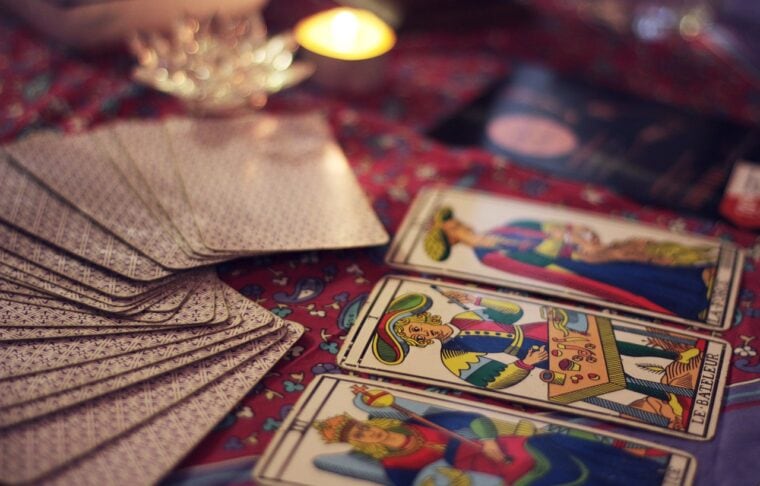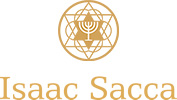The Torah against witchcraft

We often think that Idolatry and superstition are problems of the distant past. However, it is enough to go online or read a newspaper to find an enormous amount of advertising for demon cleansing services, bindings, evil eye cures or miraculous healings, among others.
All these practices propose to get rid of alleged evil influences. It is a service that has its cost: every time they provide it to us, they charge us for it. Many people have problems and these unscrupulous individuals take advantage of those needs to make money.
The truth is that every day we have more stress, more anxiety and new conflicts. We long for solutions that take time to arrive. This leads many people to search for magical solutions.
Sometimes, it happens in the face of adverse and very difficult situations. For example, if the doctor tells someone that his or her family member cannot be cured. That is to say, sometimes there are people who find themselves facing desperate situations so they resort to magical solutions.
What does the Torah say about it? Can you use this type of “services” or are they forbidden?
Whoever has read the Torah knows that all the practices of witchcraft, sorcery, magic and divination are prohibited. There should be no doubt about it.
It is also true that our sages indicated that judges should study all these occult techniques.
If we refer to the Tractate of Sanhedrin, we see that it mentions that to be a member of this ancient Jewish Supreme Court, one had to be an expert in the techniques of witchcraft and occultism. The sages had to judge those who practiced witchcraft or sorcery and, since one cannot judge someone without knowing the techniques they use, our wise men dedicated themselves to studying these topics.
This does not mean that these witchcraft, magic and sorcery techniques work: there is no such thing as “white magic” or “black magic”. None of these techniques is authorized because they are lies and deceptions to divert us from reality. Unlike science, which is replicable and verifiable, these techniques of witchcraft, magic and sorcery are inventions without any rational basis or logical support. They are not true, although those who profit from them present them as such.
The Torah sustains there is no possibility of solving a problem without solving its causes. Good and evil are in us: if we want to, we do good; if we want to, we do evil. It does not depend on any spell or witchcraft.
However, if the techniques of witchcraft, magic and sorcery are mere fantasies and do not work, why are they prohibited? There are two reasons, which we will detail.
The first reason is that people can get confused. If someone is sick, goes to a magician and then is cured, they will think that the healing was caused by the magician’s action (although perhaps it was also due to having taken medicine, changing their diet, the action of their antibodies or whatever other factor). This belief in the power and reality of magic can cause the person to lean towards other superstitious beliefs and thus end up leading their life astray, guided by falsehoods and lies. An erroneous belief can become a snowball of erroneous beliefs.
The second reason is that belief in these superstitions and witchcraft encourages debauchery. If a certain practice aims to heal, cure or restore cosmic balance, it will be allowed (and it may even seem like an enormous merit to do it), even though it is immoral, criminal and depraved. This is how the worst perversions can be justified in the name of a supposedly noble objective.
Therefore, we call to redouble efforts to defend common sense, reason and the practice of good above superstitions, idolatry and pagan practices.

